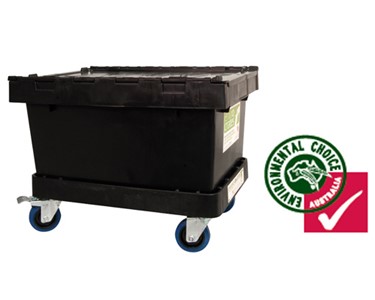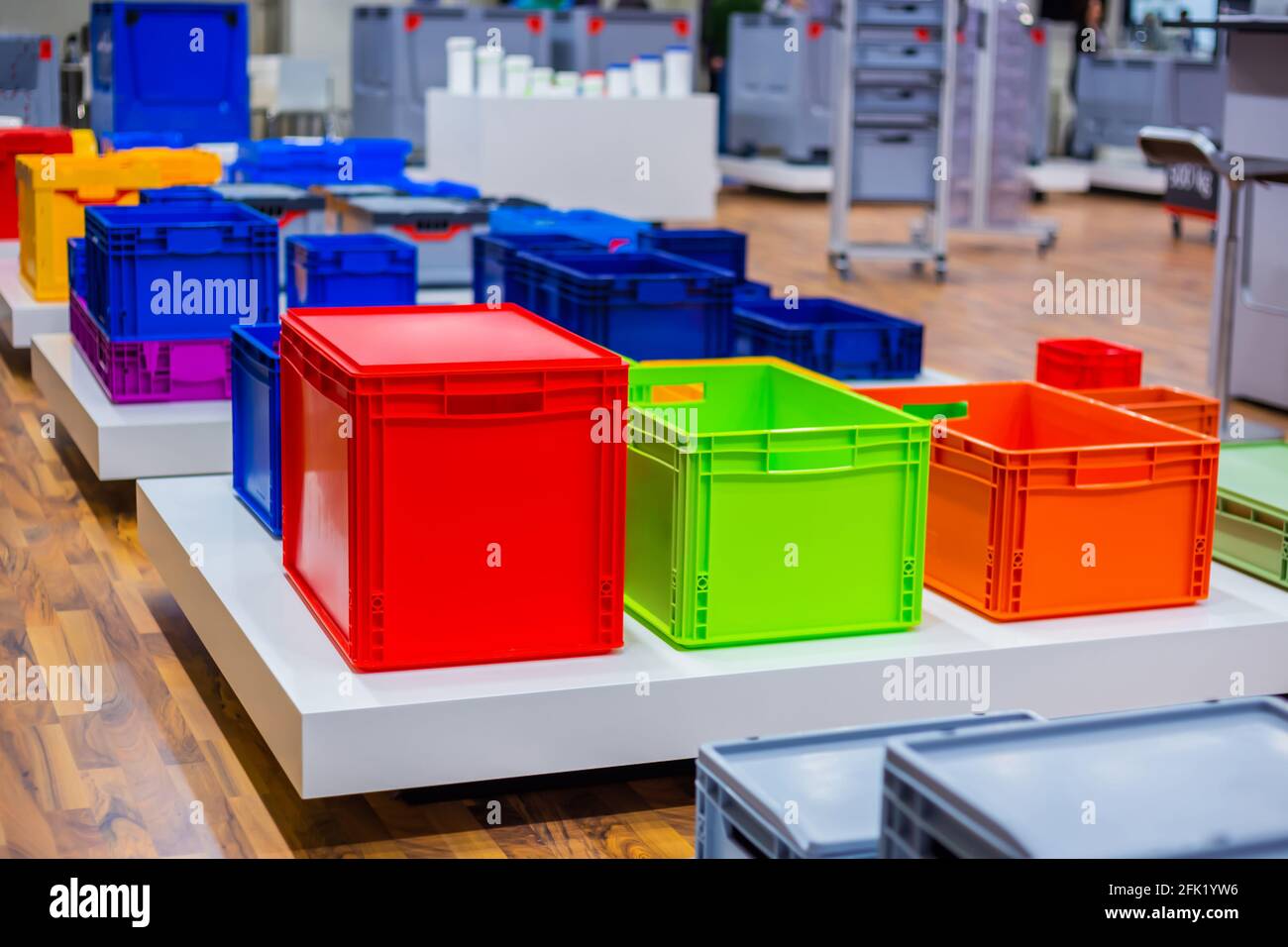Maximize Your Recycling Impact by Recycling Utilized Plastic Containers
In the pursuit of lasting living methods, the importance of recycling has actually become significantly apparent. However, the effect of recycling can be more enhanced by including the method of recycling utilized plastic containers. When taking into consideration the environmental implications and resource preservation benefits, recycling plastic containers provides a sensible and effective means to reduce waste. By checking out the various methods in which these containers can be repurposed, one not just adds to a cleaner earth but likewise take advantage of a world of creative thinking and resourcefulness. The opportunities are extensive, and the benefits are far-ranging, making the endeavor of optimizing recycling effect with recycling plastic containers a interesting and beneficial avenue to discover.
Benefits of Reusing Plastic Containers
Reusing plastic containers not only decreases waste however likewise contributes considerably to environmental sustainability. By choosing to reuse plastic containers rather than discarding them after a single use, individuals can play a vital role in minimizing the demand for brand-new plastic manufacturing. This technique straight equates to a reduction in the usage of raw products, energy, and resources needed for manufacturing new containers.

Additionally, recycling plastic containers helps in lowering the volume of plastic waste that winds up in land fills or pollutes our seas and all-natural habitats. Plastic air pollution is a pressing worldwide concern, and by extending the life expectancy of plastic containers via reuse, we can reduce the damaging effect on the atmosphere. In addition, reusing plastic containers can result in a decline in greenhouse gas emissions related to the manufacturing and transport of brand-new plastic items.
Basically, the straightforward act of reusing plastic containers can yield considerable ecological advantages by preserving sources, decreasing waste, and lessening contamination, making it a sensible and impactful sustainability practice for individuals and neighborhoods alike.
Imaginative Upcycling Concepts for Containers
Taking into consideration the ecological advantages of expanding the lifespan of plastic containers through reuse, exploring creative upcycling ideas presents an innovative approach to further sustainability efforts. There are numerous inventive ways to repurpose used plastic containers, adding to throw away decrease and advertising eco-conscious actions. One innovative idea is to transform empty plastic bottles right into self-watering planters by reducing the leading part of the bottle and creating a wicking system using a cotton string. This not just offers a brand-new life to the plastic bottle but also aids in reliable watering of plants. One more upcycling idea is to use huge plastic containers, such as washing detergent bottles, as storage space containers for items like playthings, craft supplies, or perhaps as makeshift planters for little indoor gardens. By repurposing these containers, people can minimize their environmental impact while adding a touch of creativity to their lives. Accepting such upcycling initiatives can motivate others to reassess the way they see and utilize plastic containers, moving towards a much more sustainable and eco-friendly way of living.
Tips for Appropriately Cleaning Containers
Preserving sanitation in containers is vital for ensuring hygiene and lengthening their usability. To appropriately tidy used plastic containers, begin by clearing any staying materials and rinsing them with cozy water to get rid of food particles and residue. For containers with persistent discolorations or odors, produce a combination of equal parts water and vinegar or sodium bicarbonate and water, and allow it rest for a couple of hours before scrubbing and rinsing completely. Stay clear of using severe chemicals or rough scrubbers that can harm the plastic. In addition, make sure to dry the containers completely before keeping them to avoid mold and mildew growth. For containers with tiny openings or limited edges, consider using a bottle brush or toothbrush to reach all areas (used plastic bulk containers for sale). Regularly inspect the containers for signs of wear and tear, such as cracks or discoloration, and replace them if needed to maintain proper hygiene standards. By following these cleaning tips, you can make the most of the life expectancy of your plastic containers and promote a healthier environment.
How to Shop Reused Containers Effectively

Effect of Recycling on the Setting
Recycling containers has a substantial favorable effect on the atmosphere by decreasing waste and saving resources. When containers are reused rather than being discarded after a solitary usage, it assists in reducing the amount of plastic waste that winds up in land fills or seas. By expanding the lifecycle of these containers, fewer new ones require to be created, resulting in a decrease in the usage of basic materials and power needed for manufacturing. This preservation of resources plays an important role in decreasing the environmental footprint connected with plastic production.
By recycling plastic containers, the need for brand-new production reductions, resulting in minimized exhausts associated with the manufacturing and transportation of brand-new items. On the whole, the environmental benefits of reusing containers are considerable and play a crucial duty in advertising sustainability and reducing the impact of plastic on the world.
Final Thought
In final thought, recycling made use of plastic containers can significantly decrease waste and reduce the environmental effect of single-use plastics. By artistically upcycling containers, appropriately cleansing them, and successfully saving them, people can optimize their reusing initiatives and add to a much more lasting future. Making a mindful effort to reuse plastic containers not only benefits the environment but also encourages a more environment-friendly way of life in general.
